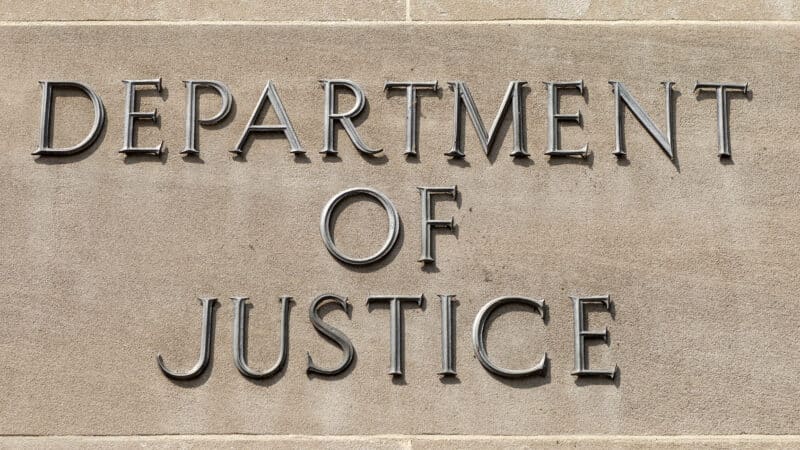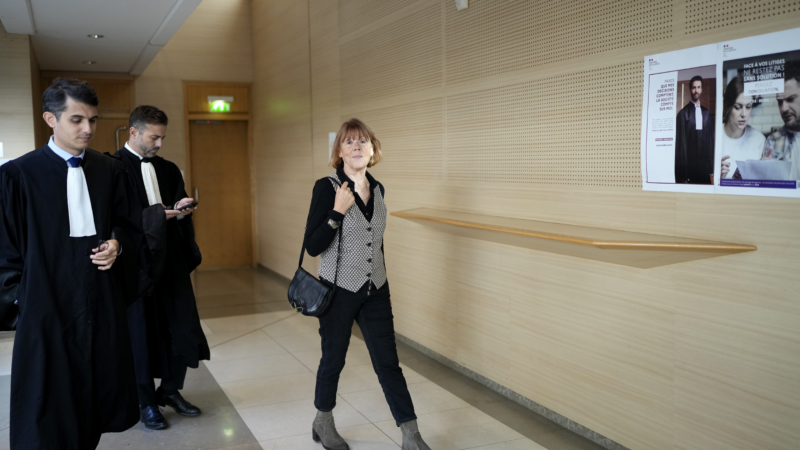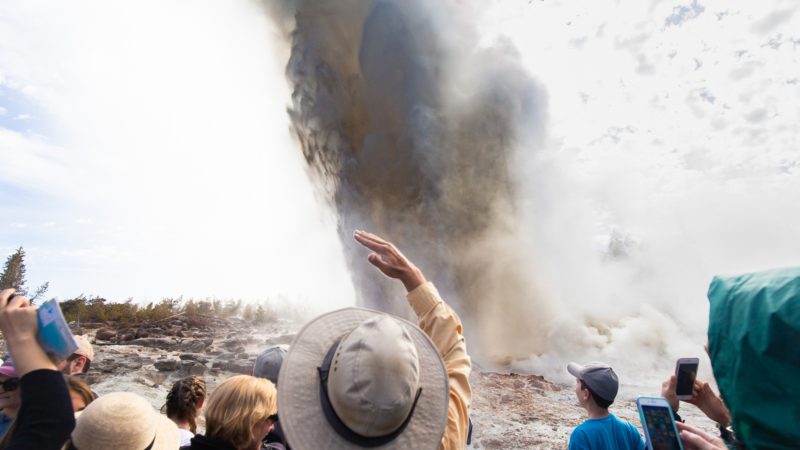DOJ finds Alabama’s foster care system violates law
MONTGOMERY, Ala. — The federal government on Wednesday said the state of Alabama illegally discriminates against children in foster care with behavioral and emotional disabilities.
The U.S. Department of Justice, in a news release, said the state’s foster care program has illegally placed hundreds of students with disabilities into “segregated and inferior educational programs,” a direct violation of Title II of the Americans with Disabilities Act.
“Students with disabilities in Alabama’s foster care system are among the most vulnerable in the state’s care, and they deserve better than placement in segregated and inferior schools,” Assistant Attorney General Kristen Clarke, of the department’s Civil Rights Division, said in a statement. “The Civil Rights Division will defend every child’s right to equal educational opportunities in schools where they can be supported and challenged.”
The department’s findings follow an investigation into allegations that the state denies children in foster care equal opportunity to basic educational services on the basis of disability.
Gina Maiola, communications director for Gov. Kay Ivey, said in a statement that the Alabama State Department of Education and the Department of Human Resources have been “working proactively since 2018 to address the needs of our specialized treatment centers.”
“These two agencies have been in communication with the Department of Justice to inform them on the steps being taken in that regard. I know the ALSDE and DHR will address any specific concerns given by the USDOJ. Bottom line, a top priority of the Ivey Administration is to ensure every Alabama student has the ability to receive a quality education,” Maiola said.
The state is required to provide educational services for children in the foster care system, including when children are placed in psychiatric residential treatment facilities. According to the DOJ, students who are placed in such treatment facilities are automatically enrolled in segregated on-site schools without an appropriate educational assessment.
In these segregated placements, the DOJ said students lack access to age-appropriate study materials, adequate instruction and facilities such as libraries, science labs and gyms.
“These unnecessary placements, which can extend for long periods of time, sever children’s ties to their home schools, teachers, social activities and peers,” Clarke’s office said. “The department concluded that, in most cases, these children could be appropriately served in general education settings where they would receive the many documented academic and social benefits of inclusion.”
Mass trial shines a light on rape culture in France
A harrowing and unprecedented trial in France is exposing how pornography, chatrooms and men’s disdain for or hazy understanding of consent is fueling rape culture.
What’s your favorite thing about fall?
With cooler mornings and shorter days, if feels like fall is finally here. So what’s your favorite thing about fall? We put that question to people at our recent News and Brews community pop-up in Cullman.
Teammates LeBron and Bronny James make history as the NBA’s first father-son duo
The Jameses, who both play for the L.A. Lakers, shared the court for several minutes on the NBA's opening night. They join a very small club of father-son teammates in American professional sports.
After John le Carré’s death, his son had the ‘daunting’ task to revive George Smiley
Nick Harkaway grew up hearing his dad read drafts of his George Smiley novels. He picks up le Carré's beloved spymaster character in the new novel, Karla's Choice.
When Steamboat goes WHOOSH, scientists look for answers
What triggers geysers to go off is still not well understood. A new paper shows that one small earthquake likely triggered an eruption of the world's tallest active geyser, Steamboat.
Trump’s ex-chief of staff warns his former boss would rule like a ‘fascist’
John Kelly is one of several Trump-era White House officials to publicly criticize their former boss, arguing that Trump is not fit to hold office again.







